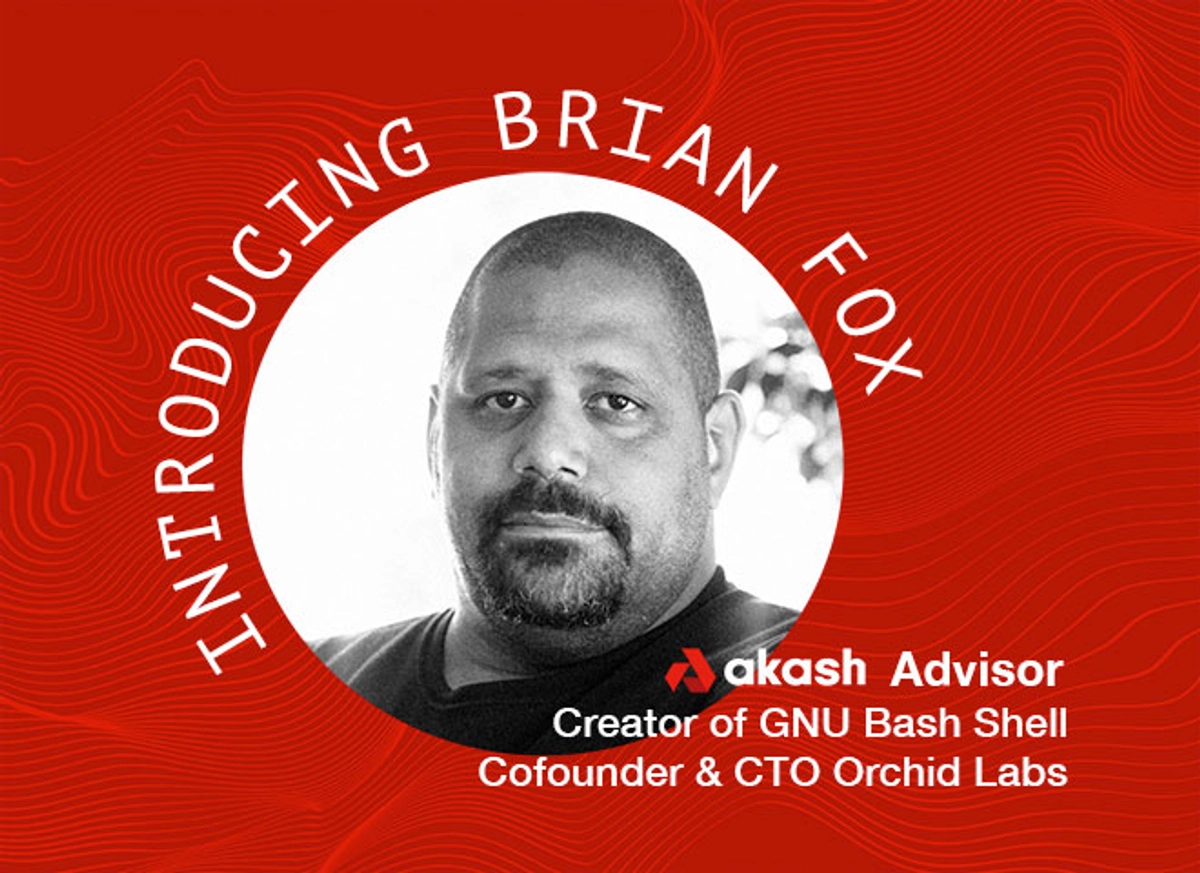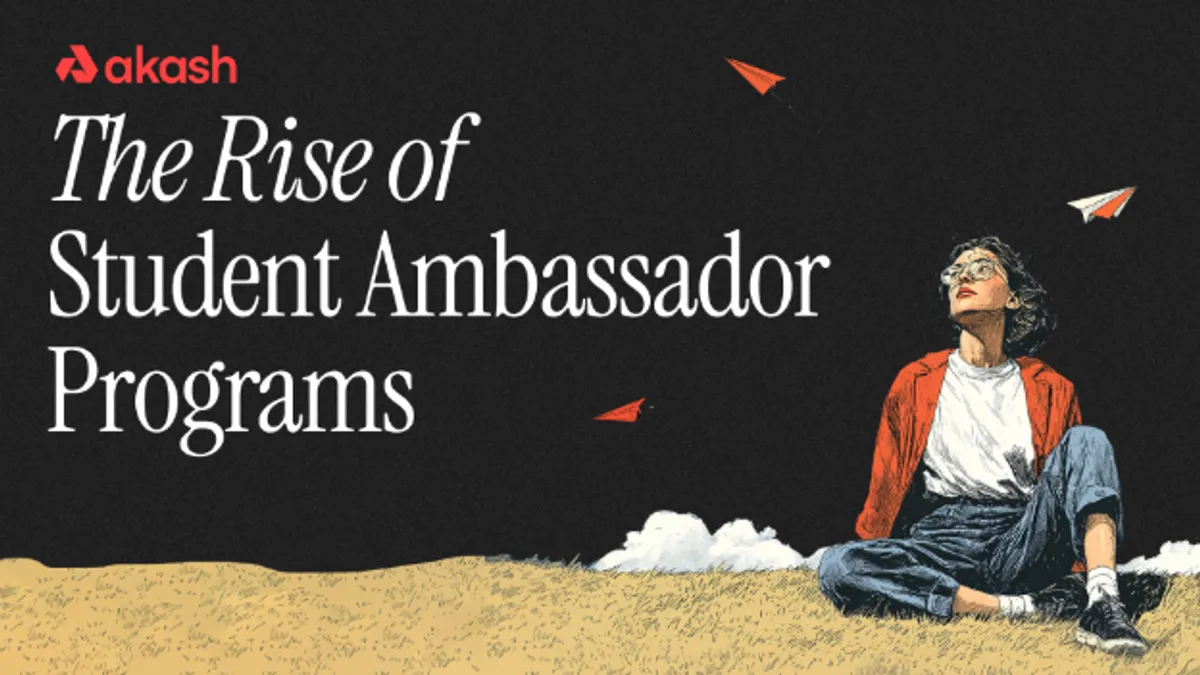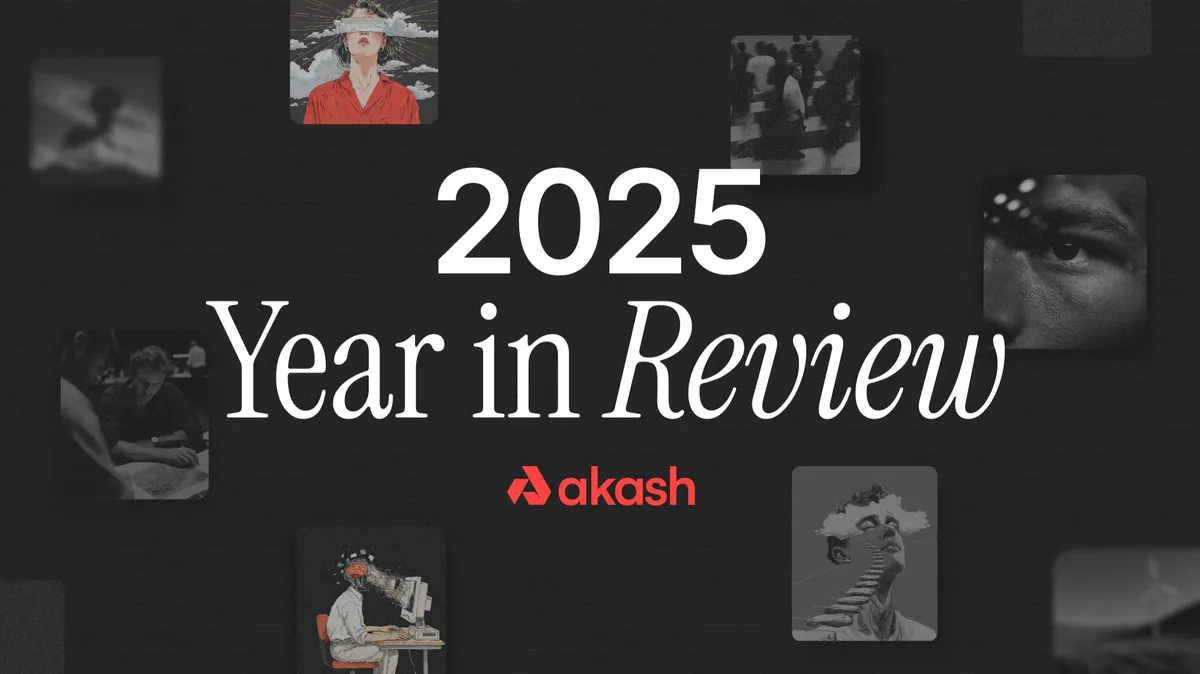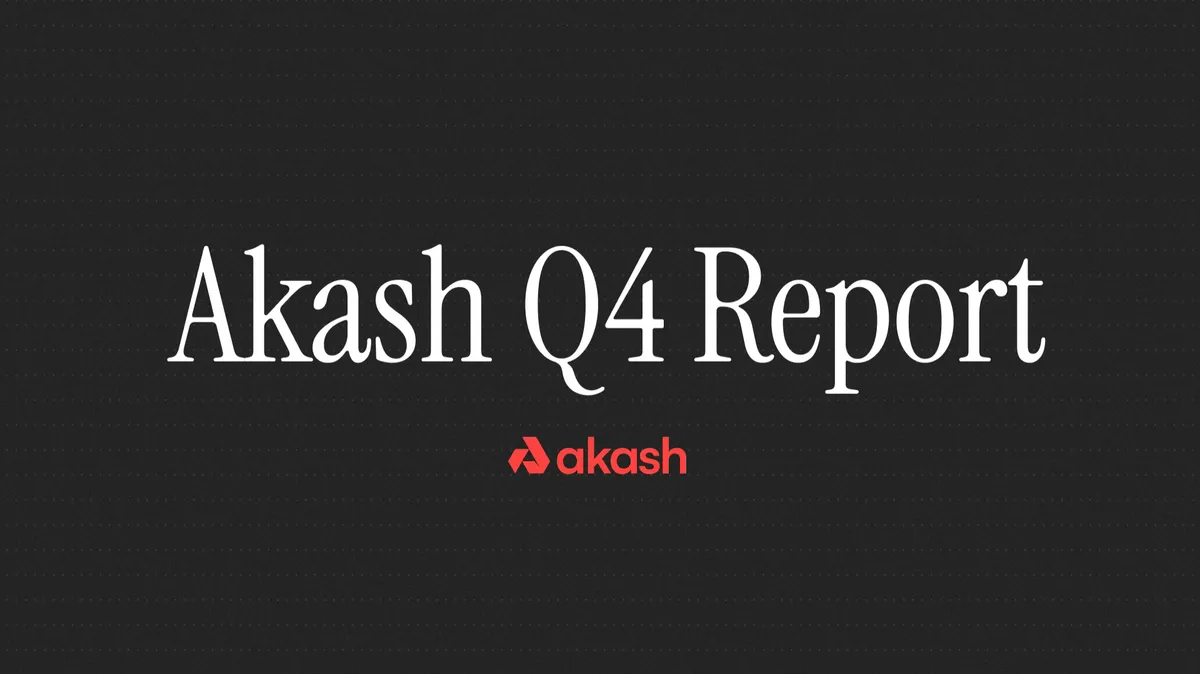
If you’ve ever used the GNU Bash, GNU Makeinfo, GNU Info, GNU Finger, GNU Echo, or GNU Emacs, chances are, you’ve heard of open source pioneer and innovator Brian Fox and have leveraged his ubiquitous and valuable open source contributions.
An early and core contributor to the open source movement, Brian is also renowned for having built the first interactive online banking software in the U.S. for Wells Fargo, and creating an open source election system, for which he co-wrote a New York Times article with former CIA head R. James Woolsey, advocating for open source election systems as a way to secure US elections against foreign interference.
With decades advocating for, and advancing greater access to technology to improve people’s lives, Brian espouses Akash’s values of openness, sovereignty, equality, and empathy. He is also co-founder and CTO of Orchid Labs, the first incentivized, peer-to-peer privacy network.
Today, we’re excited to announce that Brian Fox has joined Akash Network as an Advisor. Brian’s strategic and technical guidance, experience, and ideas will be invaluable as we build the world’s first decentralized cloud to enable greater access, flexibility, and freedom for builders of the future.
We recently spoke with Brian about his perspectives on open source and blockchain adoption, and his current projects.
How did you transition from open source to blockchain?
_____
For me, it wasn’t so much of a transition from open source—it was “Aha!”. By the time I got involved in blockchain—which was 2016-2017—it was already well on its way. And I was impressed with the existing spread that was out there.
And that’s what made me think that there could be an even wider spread and a more mainstream acceptance and utilization of blockchain.
What is your perspective on the “corporatization” of open source?
_____
In my perspective, the reason for open source is the same reason for mathematical formulas. I don’t want you to own a mathematical formula because what you’re doing when you give it away is raising the bar of technology for humanity, including me. And even though I haven’t monetarily benefited from it, if my ideas are disseminated, then other people get to leverage my ideas to progress innovation. Other people get to build on my ideas, which allows me to build on their ideas, and so on.
The Bash shell, for example, runs on every OS and is delivered with almost every OS. And this is a useful piece of software that runs under the hood and powers a lot of technology.
And you can look at the impact of the Linux kernel. You’ve got Debian, which is 100% free. You’ve got Ubuntu, which is not 100% free.
You have Cygnus, the world’s first open source company started by my partner and friend David Wallace. Cygnus began by offering services support for free software, eventually merging with Red Hat, which now serves corporate customers. You’ve got IBM, stating that they are the world’s largest open source company.
And yet still managing to make zillions of dollars.
What are current blockchain projects that excite you, and why?
_____
Any project with the fundamental aim of spreading the network and bringing blockchain to places where it didn’t normally exist. For example, I believe we need the same kind of nodes that we have on Amazon, in other places in the cloud.
I believe that having a small device that you can put in a person’s home, like the Akash Supermini, is a great move. I also think that putting software on phones and creating incentives for participating is key for adoption. If you look around the world, no matter where you look, even if the rest of the technical infrastructure isn’t there, mobile phone technology is everywhere.
Being able to bring blockchain technology to small tribal communities in Africa, for example, to allow people to make payments and secure their transactions, and enabling small to large organizations to get veracity in record-keeping into these communities.
Blockchain is an excellent solution for that.
There are many other things we can do with blockchain in those communities. The sooner we get it into these global communities, the faster we’ll find out how useful it really is.
What do you think are the challenges for mainstream adoption of blockchain?
_____
Blockchain is still the Wild Wild West, and people are panning for gold. Somebody found that six pound nugget, and everybody else is now going nuts trying to pan for more. The reality is that most of this interest is driven by capitalism.
While there is so much interest during these earlier stages and so much opportunity, capitalists are focusing on speculation in a new token arriving in the market, or whether it’s a utility token that has obvious transactional functions.
I believe that in a relatively short period of time, these speculative opportunities will be over, and people will build more valuable and enduring systems. We’ll start to see blockchain flow into the mainstream more and more. I think it’s already coming into the mainstream and you can see banks are starting to support it.
What projects are you working on?
_____
I have an organization called Open Source Election (OSE) Systems. I care deeply about transparency and accountability in our election process. I care deeply about the democratic process as a whole. I don’t feel that the systems we have in place or that we’ve had in place since 2004 at least, have anything to do with transparency.
We’ve got 350 million people living in the United States—about 150 million who vote. That’s a lot of votes. We want to be able to track that information and we want to be able to support democracy.
I’m also interested in getting technology into the hands of people who don’t have access to it. For example, there is a great need for technology in the Niger Delta. And it should be there. Nigeria has a lot of people who are coding. There’s a lot of technology in Nigeria, but not necessarily in the Delta and in the rural areas.
We should get that technology out there, so more people can access it.
Don’t Miss the Latest Akash News
_____
Join our Telegram for the latest Akash Network and Akash Token (AKT) announcements.


